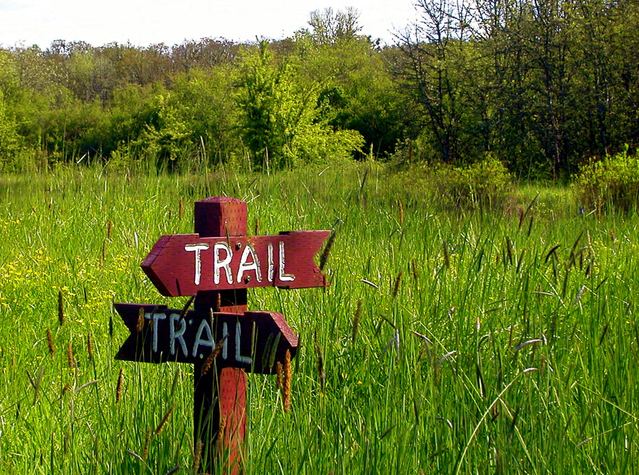Here we are, the day after Valentine’s Day. The day that many people set aside to honor the one they love. How coincidental that I feel led to write about not being alone.
But don’t worry – it has nothing to do with Valentine’s Day.
Two days ago, I was reading from the book of Joshua about Joshua’s interaction with Gibeon in Chapter 9. The inhabitants of Gibeon had heard of how Israel conquered both Jericho & Ai. They were worried that they were next.
So they devised a plan.
The representatives of Gibeon came to Joshua and convinced Joshua to make a league with them, saying they were from a far country and were sent to make a league with these mighty men. Joshua’s decision is recorded in verse 15:
And Joshua made peace with them, and made a league with them, to let them live: and the princes of the congregation sware unto them.
Joshua 9:15
Within a few days, the people of Israel realized that these men were in fact from a neighboring land and not from a far country. Joshua had made a pact with a group of people of whom they were originally meant to conquer. How could they have been so easily deceived?
The answer is found in verse 14:
And the men took of their victuals, and asked not counsel at the mouth of the LORD.
Joshua 9:14
You see, Joshua had just come out of a great victory. They were on the mountaintop. They just spoke to the Lord, perhaps, the day before… or even that morning. Surely they were spiritual enough to know what to do… without asking. This was a simple thing, right? They knew what to do.
How may times are we guilty of going at it alone?
How many times have we made a decision without asking the Lord, the giver of all wisdom?
How many times do we have to go through hard times to realize that including Jesus in life decisions will help us prevent major heartache?
How many times?
And let’s apply it to our efforts in leading God’s people in worship.
God desires to move among His people. He knows exactly what an entire congregation needs. He knows every individual need and the criticality of those needs.
Why would we want to try to plan a worship service without His counsel? I’m not talking about a perfunctory prayer. “Lord, we need your anointing.” “Lord, what would you have for us today.” Hear me – I’m not criticizing, and I am not judging your sincere efforts. I have been guilty of going through the motions.
But we can’t afford to go through the motions.
We must have the anointing of the Holy Ghost upon every service. Upon every song.
But, you say, last week you told us to know what to play to create the atmosphere. Yes, I did.
And we are guilty of sin if we create the atmosphere without consulting the Lord with what He wants in a service. Could the atmosphere our flesh creates be contradictory to what facilitates the move that God wants?
It’s very dangerous if I play that progression… you know the one… Bbm/G – F/A – Bbm6 – F/C… the one that “really gets people going,” if I don’t feel the Spirit of God moving us in that direction.
But oh what joy when we allow the Lord to work with us. He desires to be in our midst. When we lift His praises, and we look across the congregation as the Spirit of the Lord settles on the faces of His people! When the Spirit of God begins moving during our worship service and people step out in faith for healing or salvation. There’s nothing better than that experience. To know that God has directed the service, and we just allowed Him to flow through us!
I’m reminded of a story that I heard about a well known Apostolic music director. She was used in a mighty way. Anointed to sing, play, write & direct. Yet, she took the road that many have taken, and to the surprise of many, she fell into sin. She left the Truth.
A close acquaintance asked her, what happened? What changed?
Her response: I just stopped praying. I learned how to do it. I learned how to play it just right. I learned how to move people.
As we prepare for our worship services tomorrow, let us be reminded to ask counsel at the mouth of the Lord.
Lord, what do your people need to hear and feel in this service? What songs will take us there? Is it slow? Is it fast? Is it faith? Is it consecration? Ask, and ye shall receive. He wants to tell you, but He wants you to want Him.
Don’t go at it alone.

